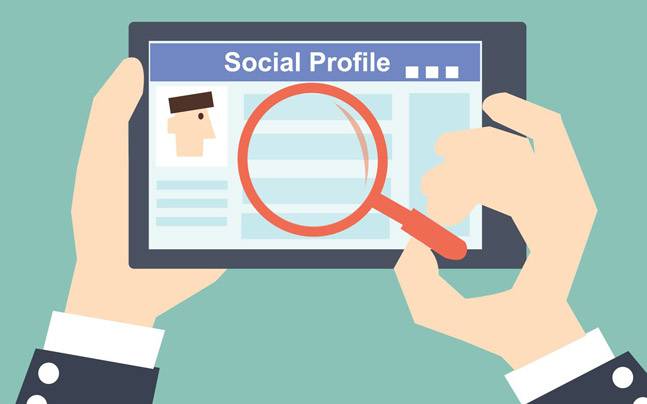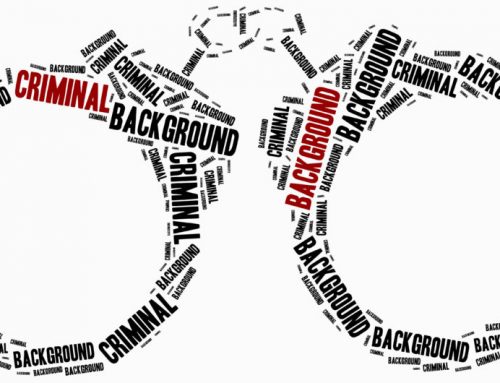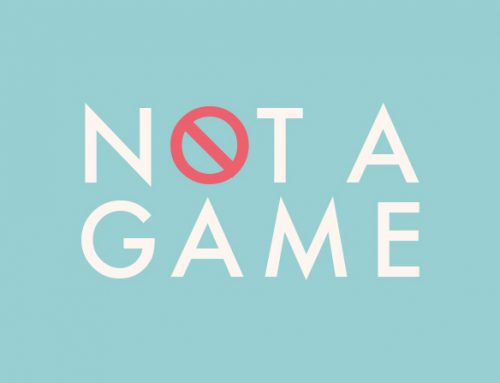SOCIAL MEDIA CHECKS – POWERFUL SCREENING TOOL OR LEGAL MINEFIELD?
Australians spend an average 22 hours per week on social media, that’s as much time as many young club employees spend at work. With social media now such an intrinsic part of the lives and identities of our young people, it’s understandable that employers are increasingly taking note of this important information source during recruitment.
While social media screening is a worthwhile activity during recruitment, helping recruiters to determine whether a person will be a ‘good fit’ for their organisation, from a legal perspective, basing employment decisions solely on a person’s social media profile, can be a risky business.
From a hospitality recruiters perspective, Facebook pictures of a candidate drunk in the gutter or playing drinking games, may be a deal breaker when it comes to bar work for example, without the benefit of a range of other information which may exclude the candidate for other reasons, deciding not to hire someone based entirely on their social media presence, can be a legal minefield.
So how do you go about the process of conducting social media checks legally and ethically?
The legalities of conducting social media checks
While conducting social media checks is useful as a means by which to obtain a piece of the overall picture, this should not be the only screening method used. Information influencing employment decisions should be considered in the following order of importance:
- Criminal History, if applicable to the fundamental duties of the role.
- Experience and qualifications.
- Reference checks with previous employers
- Social Media presence
Some employers ask for access to the private social media pages of Candidates and employees so that activity can be more closely monitored. However, this is not recommended. Obtaining information on potential and current employees in this way may be a breach of the Privacy Act 1988(Cth), might lead to an adverse action claim under the Fair Work Act 2009 (Cth), and may even equate to misleading or deceptive conduct in breach of the Australian Consumer Law.
Any employment related decision with regard to social media content can leave an employer liable under anti-discrimination law if the employer cannot demonstrate that information sourced from social media (such as race, religion or sexual preference) had no bearing on the organisation’s decision in relation to the applicant.
Organisations must also be aware of the terms of the social media sites they are exploring. Some sites prohibit unauthorised use of the information.
The key to these risks, is to obtain written consent from the job applicant, and to only gather information from the social media site with their full knowledge. Organisations should also keep a detailed record of the information used in the recruitment process.
In summary, social media checks are a worthwhile addition to your employee screening arsenal, particularly when hiring younger people but, as with any form of screening, they need to be carried out in a way that won’t come back to bite you later.
Employment Screening Group is a leading expert on all forms of pre-employment background checking. We can advise you on the best way to conduct Social Media checks in accordance with legal requirements. Contact us any time on 1300 681 541 or email au@employmentscreeninggroup.com





